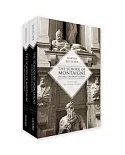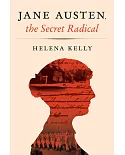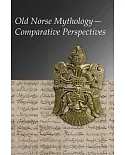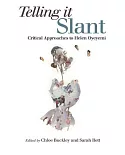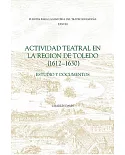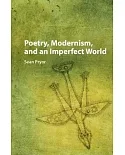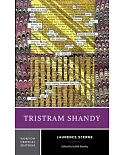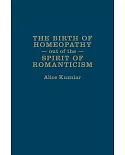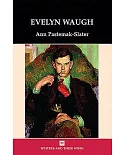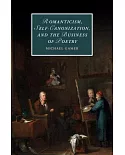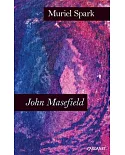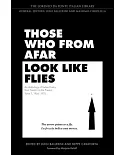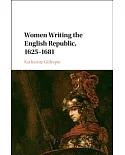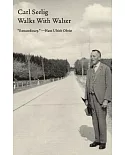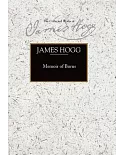This collection seeks to illustrate the ways in which Thomas Mann's 1924 novel, The Magic Mountain, has been newly construed by some of today's most astute readers in the field of Mann studies.
The essays, many of which were written expressly for this volume, comment on some of the familiar and inescapable topics of Magic Mountain scholarship, including the questions of genre and
ideology, the philosophy of time, and the ominous subjects of disease and medical practice. Moreover, this volume offers fresh approaches to the novel's underlying notions of masculinity, to
its embodiment of the cultural code of anti-Semitism, and to its precarious relationship to the rival media of photography, cinema, and recorded sound.


